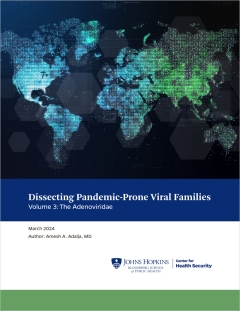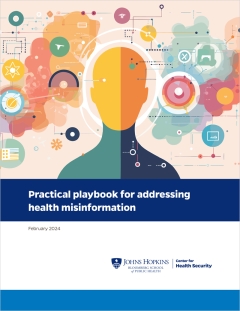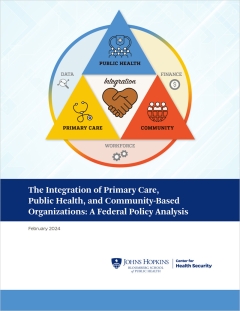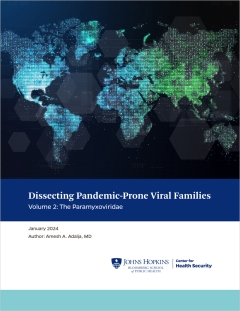In the United States, state, tribal, local, and territorial public health agencies play a vital role in responding to infectious disease outbreaks. One foundational strategy for controlling communicable diseases is case investigation/contact tracing (CI/CT), an approach that has been routinely employed in the United States and global settings to control sexually transmitted infections, tuberculosis, and outbreaks of emerging infections such as Ebola and COVID-19.1 When effectively implemented at the early stages of an outbreak, CI/CT programs promptly identify cases and their contacts and apply prevention and control measures, thereby preventing onward transmission of disease in communities.1




